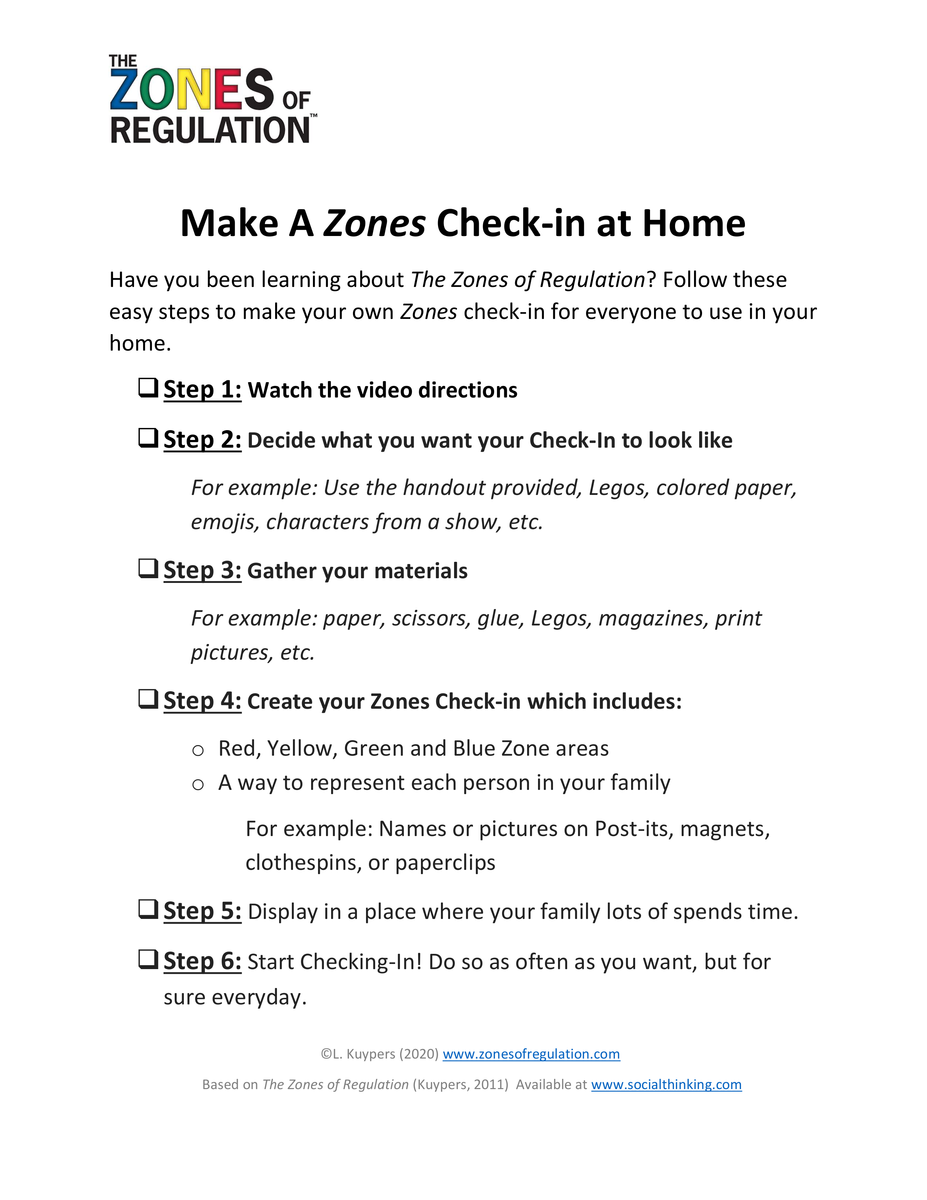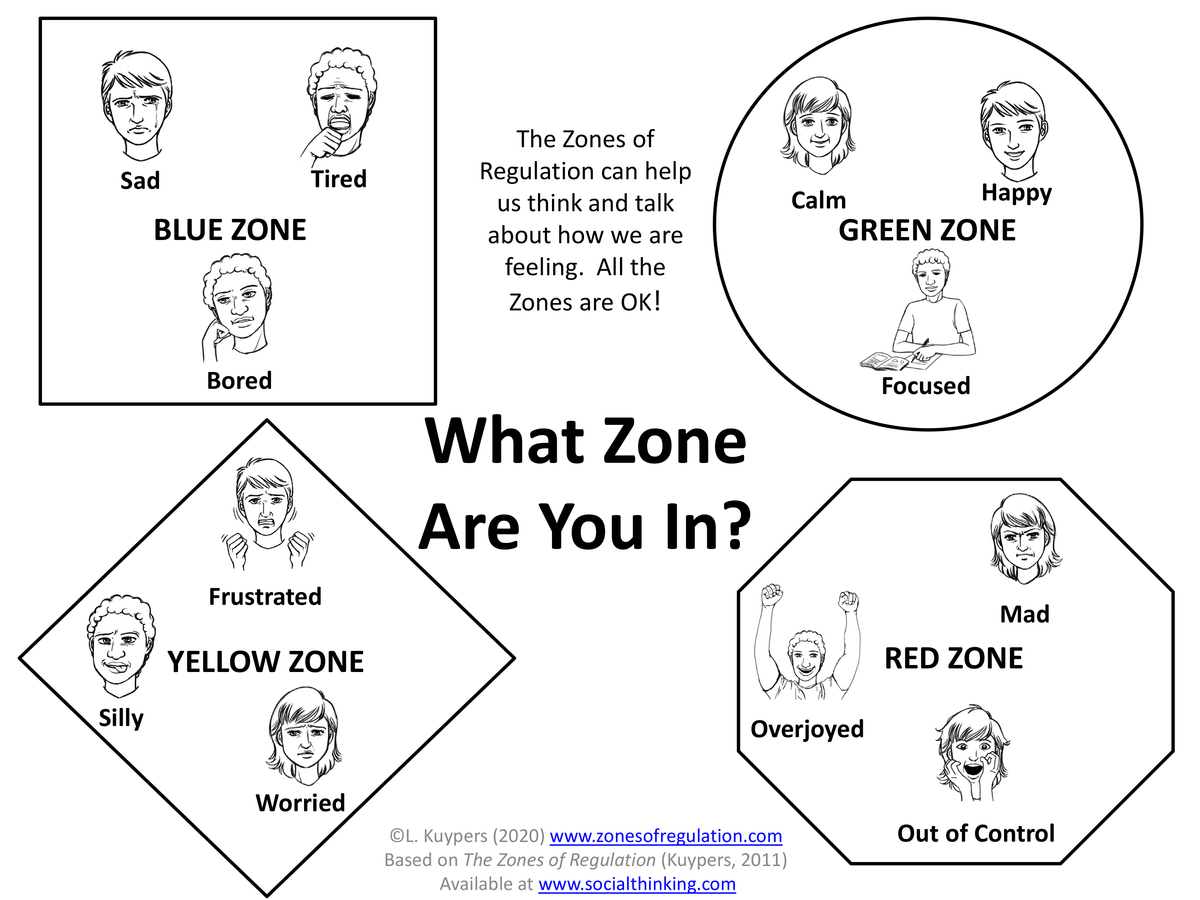Term 2 Week 5 Home Learning Snapshot

Home Learning updates
Dear parents,
Welcome to week 5 of home learning. We have been very impressed with the commitment of students and the efforts put it at home to support student learning. Congratulations to our students for their careful presentation of their procedural texts last week. It was lovely to see students showing their interests through their texts.
This week we are continuing to run our Google Meets at 9:30 am for the whole class followed by small group mini-lessons afterwards.
Thank you for your continued support and as always, please contact your class teacher if you have any questions or concerns.
Write 2 Read
This week we will continue to build student knowledge of the codes as well as using the spelling tools to spell unknown words. We are continuing to bootcamp our y replaces i at the English words rule this week. It is important that our rules are practised daily, repeatedly, to ensure that they can make their way into automatic file.
Article 3 of the Home Learning Parent Support series included some definitions of teacher talk, including our Write to Read terminology.
Reading
This week in reading, the students will begin a two week unit on researching from non-fiction resources. We will begin by refreshing how to sort the features of fiction and non-fiction texts. Then, on Tuesday, Wednesday and Thursday they will view a different resource about water and learn how to read and record facts. They will be shown how to navigate an interactive flowchart on the South East Water website, read a non-fiction book on Epic and watch a video on ABC's Behind the News. This skill to be able to read/view - understand - and record facts will be heavily supported this week. Next week, they will have an opportunity to research about their own inquiry question about water using these resources.
We encourage students to keep reading daily and for enjoyment. This could be through listening to reading, reading to self or reading to somebody. If reading a fiction text, practise retelling the story. If reading a non-fiction text, state a fact you found out.
Writing
In writing over the next two weeks, children are learning to write to communicate what they find out. In this first week the focus will be on learning research skills. Students will learn to write paragraphs and bullet points from notes they have taken in their Reading lessons.
Next week children will do research on their own inquiry question about water and create a poster. More information will be given on this next week. Would parents kindly assist by purchasing one large sheet of poster paper in which the children can present their findings. The children will use this poster paper next week.
This week children will also start a Journal in which they will add to over their time of Home Learning. The idea is for it to be a keepsake to remember this unique time of learning from home as well as an outlet to express themselves. Students will be given free choice on what to include. Some guidance, ideas and templates will be provided. Children may wish to write down and/or draw their thoughts, feelings, difficulties and highlights of home learning, include some of the work they have done so far, books they have enjoyed or funny things that have occurred. They can stick in photos of their learning from home and family activities. They may add to this as often as they wish. Families may already have a blank notebook at home to use. Alternatively, you may staple some printer paper pages together or purchase an A4 Visual Diary with thicker pages from Officeworks. It does not have to be lined.
Maths
This week we are continuing to learn about subtraction. Our learning intention is to solve subtraction problems using a range of strategies. In the early years, the focus is on establishing a strong number sense and understanding of patterns. The strategies we are teaching are actually for mental computation. We start introducing them visually and with concrete materials to assist with initial understanding. Once they have a strong understanding of how these strategies, numbers and patterns work they are ready to move onto processes like vertical algorithms with trading. Introducing processes too early, risks children only being able to “do” a process and not understanding the why and how.
This week we are introducing the split and compensation strategy for solving subtraction. Some students may need extra time to practise the split and jump strategy and may not attempt the compensation strategy task. It is important not to push your child into more difficult problems and concepts if they are not ready. Subtraction will be revisited throughout the year, so they do not need to master these concepts on their first attempts.
On Tuesday, the students may select a worksheet. Some families have indicated that the Maths worksheets are more suitable than the hands-on tasks in a busy home learning environment. Decide what works best for your family and everyone’s well-being. You may choose to have your child choose one or two worksheets to complete over the rest of the week rather than work through the strategy tasks.
If you would like more Maths tasks for your child to complete, log onto Mathletics and complete the task your teacher has assigned for you or ‘My Numeracy’ on Essential Assessment. However, this is optional.
Unit of Inquiry
Within the reading program, students will be learning skills to research and reading and viewing texts related to our UOI. Over the next two weeks students will have a chance to answer some of their questions such as:
- How does the water get to your house?
- How do they clean water?
- Where do the pipes go?
- How can they get the salt water out (of sea water)?
This week we are also including some practical activities to find out about saving water at home. Students will be able to investigate:
- the effects of leaks
- length of showers
- opportunities for saving water at home.
They will have the chance to share their findings about one of these with the class on Seesaw.
Wellbeing
This week we encourage families to continue to use the ‘Zones Check-in” students created last week. We strongly encourage students to share their daily check-in with their teacher on Seesaw. Especially, if they are in need of some support and reassurance.
Grade 2 Team
2A - Angela Fifer
2B - Angela Alderuccio
2C - Elise Newnham
2D - Breallen Cole
HU support - Christie Walsh


